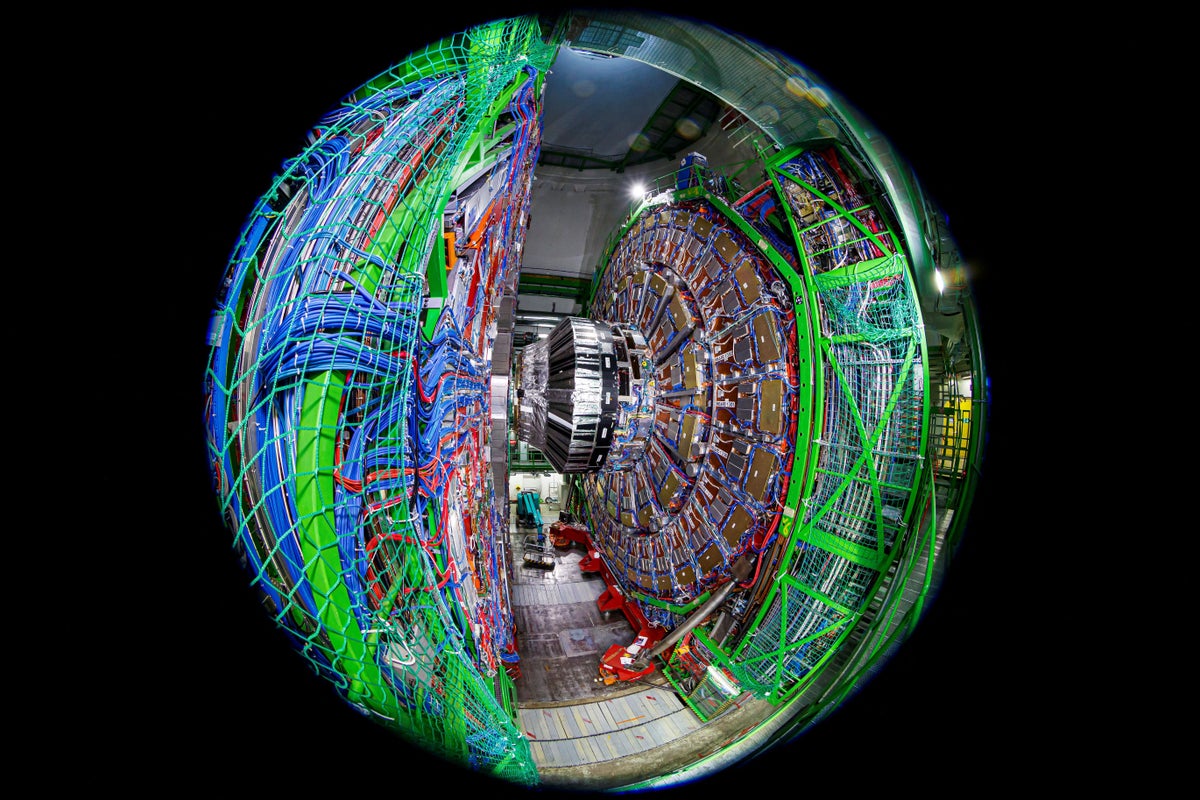Now Reading: Why Adults Can’t Recall Memories From Infancy
1
-
01
Why Adults Can’t Recall Memories From Infancy
Why Adults Can’t Recall Memories From Infancy

quick Summary
- A study published in Science demonstrates that infants as young as one year old can encode memories, challenging the notion that early-life memories are unattainable due to inability to store them.
- Researchers used MRI scans to observe hippocampal activity in 26 children aged 4 months to 2 years, finding evidence of memory encoding during a task involving visual recognition of new faces, objects, and scenes.
- Results indicated the strongest encoding activity in the posterior hippocampus-the same area associated with memory recall in adults.
- Memory encoding capability showed developmental progression, with stronger signals observed in children over 12 months old.
- Experts posit that infantile amnesia arises from difficulties recalling early-life memories rather than an inability to form them. Issues like mismatched retrieval cues and evolving brain contexts might complicate recall processes.
Image:
!Read More
indian Opinion Analysis
this groundbreaking research deepens our understanding of how human memory functions by highlighting its developmental trajectory from infancy. For India-a country rapidly expanding its healthcare and scientific research infrastructure-such studies could catalyze advancements within neuroscience education,childcare strategies,and pediatric medical practices. While no specific Indian context is discussed here directly within this analysis or text source limitations.,
Stay Informed With the Latest & Most Important News
Previous Post
Next Post
Loading Next Post...




























